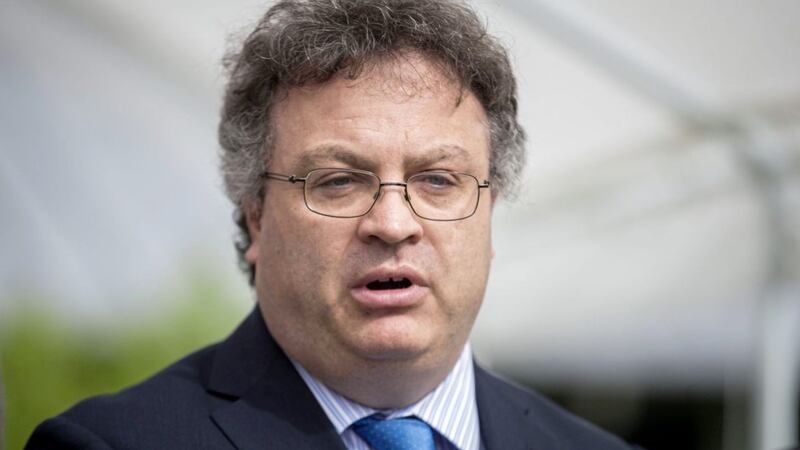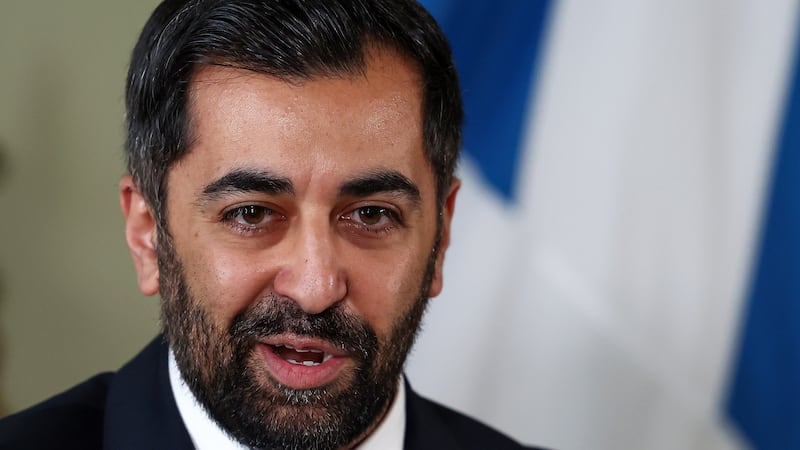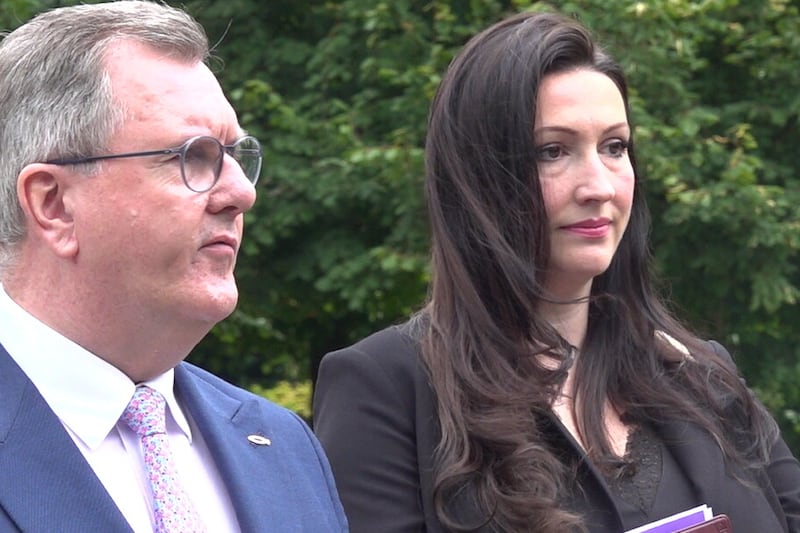This week, the UK Parliament is set to commence the debate on the so-called Great Repeal Bill, otherwise known as the EU withdrawal Bill. This is the significant milestone and major legislative component in the self-defeating Brexit process.
While an opponent of Brexit, I do recognise some form of legislation in relation to addressing the current scope of EU law is inevitable to provide legal continuity and certainty in the event of a Brexit. However, there are major issues and challenges arising from the particular approach Government is taking.
Some of these are UK-wide matters in terms of the scale, scope and accountability around the so-called ‘Henry VIII’ clauses that in effect would allow Government ministers to impose new secondary legislation and for it, in turn, to take on the status of primary legislation.
This power could potentially be available to devolved Ministers, but constrained by a need for co-decision-making with the national Government.
Furthermore, it has profound implications for the devolution settlements in Scotland, Wales and Northern Ireland, and potentially the scope for the delivery and implementation of some form of ‘special deal’ or ‘special status’ in this region that would reflect our unique circumstances and mitigate the worst aspects of Brexit.
Yet, this process is happening with Northern Ireland having no effective voice to stand up for its interests, at a time when that voice is arguably more essential than ever.
In Parliament, with the honourable exception of Lady Hermon who is acutely aware of the risks and dangers from this process, Northern Ireland is represented by DUP MPs who are signed up to support the government approach on Brexit and Sinn Féin MPs who refuse to take their seats.
Ordinarily, one would expect the Assembly to be deeply engaged in scrutinising the impact of this legislation on devolved powers and for NI ministers to be engaging with the UK Government and their counterparts in Scotland and Wales. But clearly, this is yet another casualty of our prolonged and self-destructive political impasse. While the talks process limps along, Northern Ireland is left with no government, nor plan or strategy on Brexit. And most immediately, there is no basis for any Executive or Assembly to engage on the profound issues of and implications arising from this legislation.
By contrast, the Scottish and Welsh First Ministers are collaborating on their response, and the respective Assemblies are engaged on the issue.
There are two key immediate considerations. The first is the prospect of the UK Parliament removing the legal responsibility for Northern Ireland to abide by EU law.
The second relates to Parliament assuming competence over the EU Frameworks at a UK-level, including those areas relating to devolved policy issues. There is a commitment from the Government to restore all or many of those, or indeed other responsibilities to the devolved regions. However, it is also clear that in some areas, the Government is determined to preserve some national frameworks, potentially for example in aspects of agriculture, in order to facilitate their pipe-dream of free trade deals around the world at the expense of trading relations with our nearest neighbours rather than working through the EU itself and in turn using it to expand global markets.
Such an approach could see Northern Ireland forced in a pan-UK arrangement in highly regulated areas such as agriculture and energy where there is already strong co-operation and integration on a north-south basis.
Any such rebalancing of powers between the UK Parliament and the devolved Assemblies will be a major political issue.
However, it runs even deeper than that. A number of political parties, including Alliance, alongside a range of stakeholders have called for a special deal or set of arrangements for Northern Ireland, or even a special status. The content of what this means varies in practice, but one key element could be the prospect of Northern Ireland remaining as part of the European Single Market. In turn, this would entail full adherence to the Four Fundamental Freedoms in terms of the freedom of movement for goods, services, capital and labour.
In order to make this happen, the Assembly would need to have full control over the regulatory levels to remain in compliance with EU law, the Acquis Communautaire.
Ultimately, under the Sewel Convention whereby changes to the devolution settlement or legislative action by the UK Parliament that impinge on areas of devolved competency should not happen without the support of the relevant Assembly.
In turn, this raises the prospect of a Legislative Consent Motion in those jurisdictions. It is unlikely that any such LCM could achieve majority support in the Northern Ireland Assembly. At present, we are not in a position to even consider this eventuality.
It is perhaps a stretch to suggest that either the Scottish Parliament or the Assembly could block the Great Repeal Bill through denying an LCM. In that event, Parliament could be forced to ignore the Sewel Convention. However, in doing so, they would be challenging one of the major foundation principles of devolution across the UK.
** Stephen Farry MLA is the Alliance Party Deputy Leader & Brexit Spokesperson








